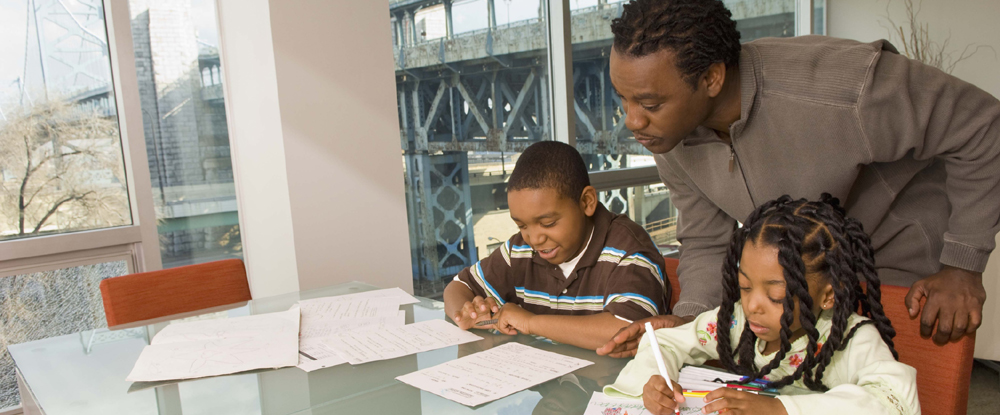When I was growing up, many of the families I knew had pizza night and game night. Not mine. We had go out to dinner night, usually every other Friday on payday. We didn’t have any other family nights, though. With my own homeschooling family, we’ve committed to family nights but changed them as the children have grown through different stages and interests.
I believe that children are far more moved by the presence and the role that their dad plays in their lives than we tend to think. Personally, one of my goals for the education of my children is to raise up Renaissance men and women. Primarily, I want them to know the Lord and to make Him known, but I want them to be able to do so in a Renaissance kind of way. I want them to be thinkers, mathematicians, poets, singers, musicians, warriors, readers and athletes all rolled into one. So I have developed ideas for family nights that mothers and fathers can have to help raise Renaissance children.
Story Night. I want my children to be readers and writers; I want them to be able to tell good stories. So I read to them. I read them fiction, fantasy fiction, science fiction and especially the classics, including fairy tales and fables. Through these stories, they have the chance to identify with characters they can imitate and love. They learn to love reading. They learn to love the best writers. By loving the best writers, they learn to write well, as good writing sinks into their bones through these stories.
History Night. History informs us of who we are. It tells us what kind of people we are, whether we consider Western history, American history, family history or Christian history. When my children were younger, I’d tell them the history from the Bible and the Church, then our family history. As they’ve grown older, we’ve discussed the history of Western civilization and America.
Poetry Night. Poetry is a great means of communication because it communicates grand ideas using an economy of words. A poet can say so much with so few words—just think of your average haiku! Additionally, poets think very carefully about how to communicate with a precise selection of words and word order. Reading good poetry to our children will help them to recognize these things and be more conscious of their own word choices. Moreover, the best poets are those who have been immersed in poetry themselves.
Math Night. Unless you really love math, this may not sound like much fun—but it can be! In fact, helping your children to see math in new and engaging ways can win half of your battle. You can play easy games that will develop the mathematical minds of your children, such as Sudoku. One fun game that children enjoy is to roll three die and have each person create as many equations as they can with those three numbers to get as many answers as possible. For example, if you rolled a 2, 4, 4, you might say 2 x 4 / 4 = 2; 2 x 4 x 4 = 32 and 4 + 4 + 2 = 10. Whoever gets the most answers wins.
Art Night. This can be done a few different ways. You can look at famous works of art and discuss what you see: shapes, colors, lines, people, objects, etc. With older children, you can discuss imagery and symbolism. Or you can print out a famous work of art and have your family members recreate it by sketching, painting, tracing or some other creative method. You will be amazed at what your children will learn to see as their skills of observation grow and develop over time.
These are just five possible family night activities you can do with your children. Pick as many as you can do consistently. If you can do only two a week, then take three weeks to get through them before you cycle through them again. The benefits will be immeasurable, and your children will see that you care about all of these things. They will develop a feel for math, stories, poetry, art and history that they might not get otherwise. You will find you’ve raised your own generation of Renaissance men and women. The best part is that you will have that much quality time with your little ones, who will love the attention that Mom and Dad show them as they learn.




